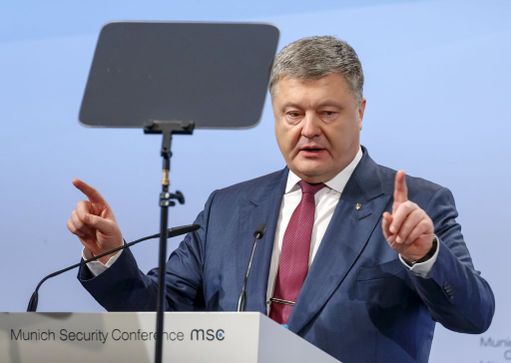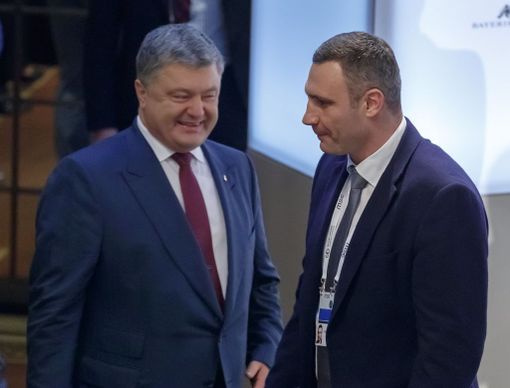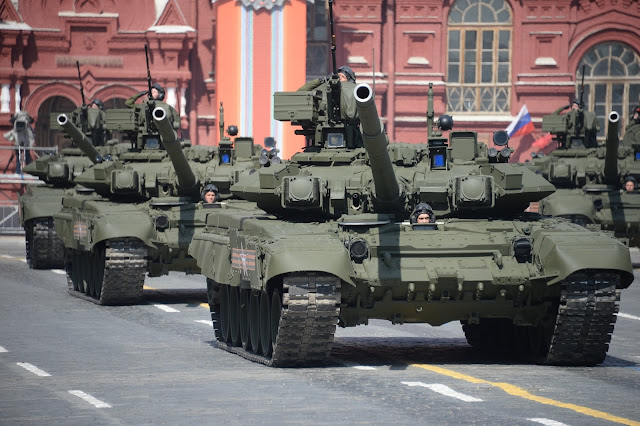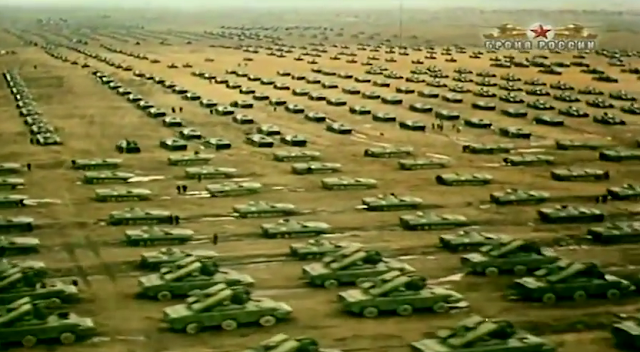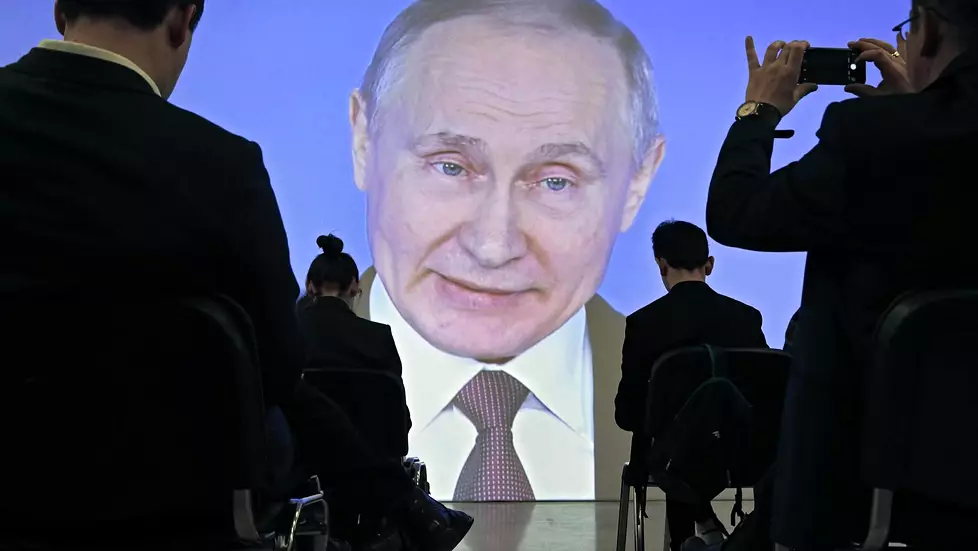The Return of the Commissars
The Russian Army is planning to recreate the Main Political Directorate that existed in the Soviet Army (GlavPUR), according to the Deputy Chairman of the Public Council at the Russian Ministry of Defense, Alexander Kanshin. “The role of the moral and political unity of the army and society is increasing immensely at the time of global informational and psychological confrontation. Therefore, it is necessary to fundamentally reform and significantly strengthen the armed force’s entire [political] structure, which will organize, conduct and be responsible for the moral and ideological aspect of the Russian Army,” Kanshin said (
Interfax, February 5).
This political structure “should carefully take into account the socio-political situation in the country, skillfully direct the energy of the army rank and file toward strengthening the country’s defense capabilities and increasing the combat readiness of troops,” explained Kanshin. Apparently, work on the project has already reached a detailed phase. The new Main Directorate, which Kanshin calls “military-ideological,” should, in his words, “possess sufficiently large authority and have a strict vertical structure within the armed forces—from each company up to the command echelons of all branches of the armed forces and all the way to the Defense Ministry.” According to Kanshin, it would be appropriate to form a new “organizational-political and ideological body” based on the current Main Directorate for Personnel of the Armed Forces.
Due to the terrible reputation of the Soviet GlavPUR, one of the most conservative and orthodox institutions of the USSR, Kanshin’s initiative immediately evoked sharp, negative comments in the press. A retired political officer wrote in the
Nezavisimaya Gazeta that the new proposals “resemble the timing of any report at the next Congress of the Communist Party of the Soviet Union” (
Nazavisimaya Gazeta, February 5). The lack of official response to the initiative was interpreted as if the authorities consider the proposed revival of the political indoctrination system as no more than a personal idea of a nostalgic veteran. However,
RIA Novosti published an article claiming that the initiative to restore the Main Political Directorate belonged to the Chief of the Main Directorate for Personnel of the Armed Forces, Colonel Mikhail Baryshev, who was appointed to his position in May 2017 (
RIA Novosti, February 5).
If true, the rebirth of the Soviet-type GlavPUR seems a likely prospect. The state administration’s return to Soviet practices has become a trademark of Putin’s regime in recent years. The creation of political governance in the armed forces seems to be a logical step when the army has become the most important political instrument of the Kremlin. The authors of the idea to create a special body for carrying out a certain “state policy” among the troops ostensibly proceed from the assumption that such state policy would remain unchanged, just like Putin’s rule has not been replaced for a long time. In fact, this will be another institution aimed at safeguarding Putin’s regime. At the same time, the authors of the idea are ready to ignore the provisions of the constitution stipulating that no ideology can be established as a state ideology and made mandatory.
Ivan Konovalov, director of the Center for Strategic Conjuncture, believes that “patriotism will be put at the forefront” instead of “ideology” (
Versia February 13). However, in Russia, the concept of patriotism has acquired a value far beyond just love for the Motherland. The Russian form of “patriotism” is a real ideology that includes Orthodoxy in its most primitive and fundamental version, and faith in the infallibility of the supreme power, both Imperial and Communist. This “patriotism” does not allow for any critical assessment of the history of the country. It is an “ideology” that the new GlavPUR will spread. Almost the entire male population of the country will be doomed to undergo this ideological brainwashing.
We should not forget that GlavPUR was responsible not only for the indoctrination of the Soviet soldiers, but its Eight Directorate was engaged in “special propaganda” aimed to demoralize the troops and civilian population of a potential adversary. A year ago, Vladimir Zhirinovsky offered to revive it. Defense Minister Sergei Shoigu responded that “information operations troops have already been created. They are much more effective in what we had previously created in the direction of counter-propaganda. Propaganda should be smart, competent and effective,” Shoigu said (
TASS, February 22, 2017). It is possible that these structures, which apparently continue to function today, would join the new directorate.
It would be a mistake to believe that the function of the new GlavPUR would be limited only to the ideological indoctrination of the armed forces. It is no coincidence that Kanshin spoke about a significant increase in the authority of the political directorate. Ideological indoctrination was one of the instruments of political control over the armed forces, the primary goal of the political commissars from the first days of the Red Army. The Soviet GlavPUR had the status of a Central Committee department of the Soviet Communist Party, and it carried out control functions concerning the entire Soviet Armed Forces. The deputy commanders for political affairs (political officers) in the armed forces ruined a massive number of military careers. All those who did not meet stringent standards of morality and ideological loyalty were persecuted and punished. For example, in the case of a divorce, the officer had to go through humiliating proceedings in his unit’s party committee, inevitably receiving a party penalty, which for a long time excluded any promotions. The political officers carefully watched during the endless political lessons during which no one deviated from the strict “party lines.” The officer regularly wrote up their commanders in “political reports.”
There is hardly anyone among those who began their military service in the USSR who holds warm feelings for GlavPUR—and this is almost the entire Supreme command of the Russian Army. However, the creation of an ideological directorate, experts say, promises the creation of new positions for military generals and officers. It is no coincidence that an unnamed source, quoted by
RIA Novosti, reminded that the chief of the Soviet GlavPUR had a rank of Army General. According to experts, the deployment of an ideological network in the army, from the company to the military district, will require 6,000-8,000 political officers. It will be necessary to reopen the military-political schools, of which there were more than a dozen in the USSR. Possible costs will amount to at least 100 billion rubles ($1.8 billion). If the government goes to this expense, it will mean that the political control of the armed forces is a priority task for the Kremlin.




